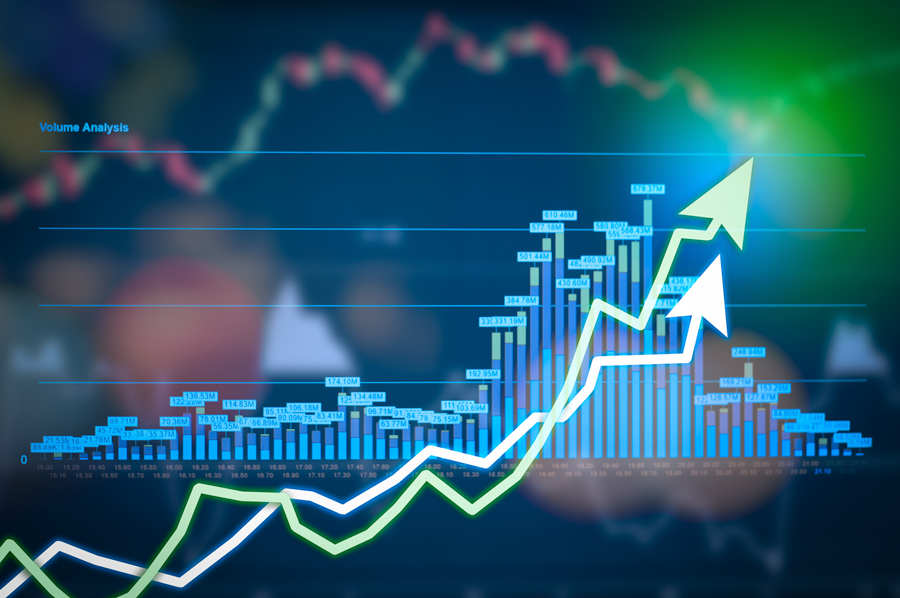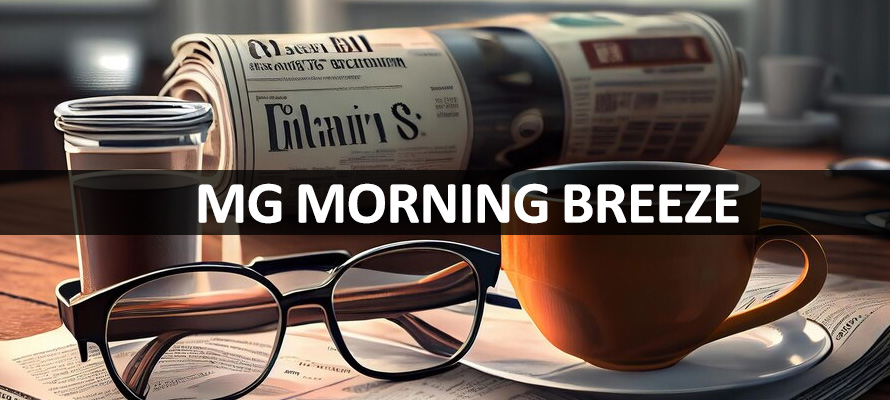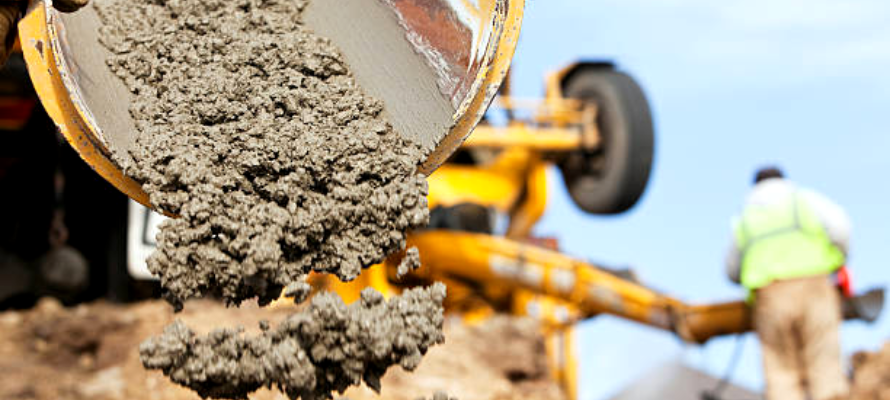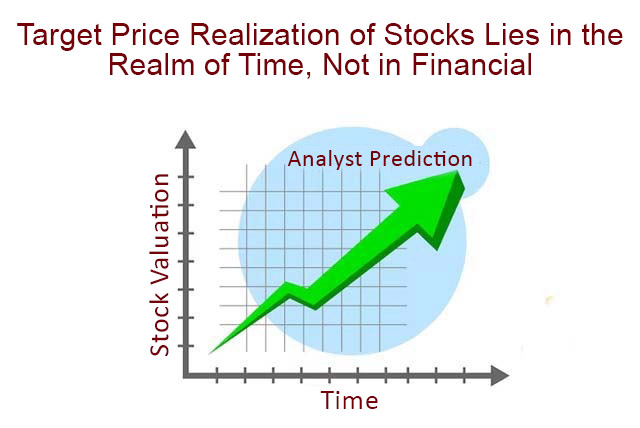August 9, 2019: Chinese factory price inflation fell below zero for the first time in three years, official data showed Friday, the latest sign of weakening demand amid mounting trade tensions with the US.
The producer price index (PPI) — an important barometer of the industrial sector that measures the cost of goods at the factory gate — dropped 0.3 percent year-on-year in July, down from zero percent in June, according to the National Bureau of Statistics (NBS).
A slowdown in factory gate inflation reflects sluggish demand, while a turn to deflation could dent corporate profits and drag on the world's number two economy, which in turn could lead to a drop-in price globally.
The reading marks the first deflation since August 2016, and fell short of the -0.1 percent forecast in a Bloomberg News survey.
The petroleum and natural gas mining sector led the drop, while a contraction in petroleum, coal and other fuel processing also widened, NBS official Dong Yaxiu said in a statement.
“The profitability for industrial firms will take a hit and the broader outlook will continue to slump,” said Edward Moya, analyst at OANDA.
Additional monetary loosening is expected as the central People's Bank of China will put more weight on tackling factory-gate deflation, Julian Evans-Pritchard of Capital Economics wrote in a research note.
China's consumer price index (CPI) — a gauge of retail inflation — rose 2.8 percent, up from 2.7 percent in May, marking the fastest pace since February 2018.
Pork prices rose as supply was “slightly shortened” by the African swine fever epidemic while hot summer weather has led to decreased production in eggs, thus driving prices higher, according to Dong.
Chinese and US negotiators met in Shanghai in July in a bid to patch up the trade rift hurting the world's top two economies.
But tensions have mounted rapidly since then, as US President Donald Trump vowed to impose fresh tariffs on $300 billion in Chinese goods from September 1.
On the other hand, Japan's economy grew at a faster-than-expected clip in the second quarter, official data showed on Friday, helped by celebrations to usher in a new imperial era.
Gross domestic product (GDP) in the world's third-biggest economy grew 0.4 percent from the previous quarter, the Cabinet Office said, beating analysts' median forecast of 0.1 percent.
The third straight period of expansion will also bolster Prime Minister Shinzo Abe's determination to push through a controversial sales tax hike in October despite warnings it could weigh on growth.
Shoppers are rushing to make purchases before the rate rises from eight percent to 10 percent on October 1 and this boost for consumption also helped push GDP higher, economists said.
An unprecedented 10-day holiday for the enthronement of Emperor Naruhito, which kicked off a new imperial era in Japan, also pepped up the figures, according to analysts.
However, trade frictions between the US and China weighed on exports and corporate spending in some sectors such as machinery, said Yuichiro Nagai, senior economist at Mizuho Securities.
“But investments in software, research and development, and construction were good,” he told AFP.
Nagai said a rush by consumers to buy before the sales tax hike will likely become even more pronounced in the July-September quarter, helping Japan log another quarter of growth.
And while the economy would likely contract in October-December due to the higher tax, it should rebound next year and avoid slipping into a recession, Nagai said.
“There is uncertainty over where the trade war will go… With the US presidential election coming next year, however, I believe the main scenario is that they will find a compromise plan” later this year, he said.
APP
29391







